This is one of many petitions that have been filed before the apex court seeking an SIT investigation into the Pegasus revelations.
A writ petition filed by Jagdeep Chhokar*, the co-founder of the Association for Democratic Reforms (ADR), in the Supreme Court called upon the Union government to take punitive action against its officers who were responsible for the purported surveillance through Pegasus spyware. The Union government is the respondent in the petition.
“…to take exemplary punitive action including criminal prosecution against the officers and agent(s) of the Respondent who were in charge of or responsible for surveillance of the Petitioner,” read the petition filed by advocate Rahul Narayan on August 2, 2021.
Chhokar was one of the 300 Indians featured in the leaked list of more than 50,000 potential targets of surveillance (through Pegasus) by government clients of the NSO Group.
Why it matters? Given the severity of the Pegasus revelations exposed by a consortium of news organisations, many fear that the surveillance threatens to erode the sanctity of freedom of speech and expression in a constitutional democracy like India. The NSO Group has explicitly stated that the spyware is licensed only to vetted governments and their agencies.The Centre has evaded questions on the purchase and use of Pegasus whenever it has been asked to respond in Parliament. Further, the government has not ordered an investigation into the matter even though countries like France have moved swiftly to investigate the claims made by the consortium.
Prayers of the petition
The petition, a copy of which MediaNama has seen, prays to the court for the following:
- Declare that it ultra vires Constitution: The petition wants the Court to declare that the actions on the part of the state, and its officers to surveil as being beyond the legislative ambit of the Indian constitution.
- Violation of Articles in Constitution: The Court must deem the use of any spyware, including Pegasus, to intercept communication devices for any purposes of the petitioner as violation of Articles 14, 19, 20, 21, and 22 of the Constitution of India
- State surveillance against Indian citizens: It is to be authorised by law and it should be “restricted in scope, time and purpose, and shall not in any circumstance be authorised or deployed indiscriminately, indefinitely or disproportionately”.
- Forbearance: The government and its departments must “forthwith forbear from the use, authorisation, deployment, purchase, and/or renewal of licenses of any spyware” including Pegasus to monitor communication devices of Indian citizens
- Prior judicial authorisation: Compel the government to “constitute a mechanism for prior judicial authorisation of any action amounting to surveillance for purposes concerning interests of the sovereignty and integrity of India, etc.”
- Special Investigation Team: An SIT to investigate the alleged purchase, use, and deployment of any malware including Pegasus by the Government of India or its agencies on computer resources and communication devices belonging to Indian citizens.
- Three formers SC judges to head the SIT which must be charged with “the responsibilities and duties of investigation, initiation of proceedings, and prosecution”.
- The SIT must report to and inform the Court of all major developments by filing periodic status reports
- Extend cooperation by all agencies, departments, and agents of the State, at the level of the Central government as well as the State governments, including all statutory bodies, and other constitutional bodies, to SIT.
- Financial and technical support to be provided by the Union and the State governments to facilitate the conduct of SIT investigation.
- The highest regard must be accorded to the fundamental rights of the individuals involved including their right to privacy by the SIT investigation.
The grounds on which the petitioner is making his case
The petition argues that the government’s “participation in, and inaction towards, the Pegasus infiltration against the petitioner specifically and more generally against Indian citizens, is unconstitutional and in violation of the Part III rights”.
High crime against democracy: The petition asserts that “the deployment of the Pegasus malware partakes a criminal character with the intent to subvert democratic actors, the integrity of democratic institutions and amounts to a high crime against democracy. Weaponizing surveillance against the citizenry at large amounts to an abuse of the monopoly of the State on legitimate use of force.”
The petition said that the use of spyware amounts to statutory offences under:
- Section 43 (penalty and compensation for damage to computer, computer system, etc.)
- Section 66 (computer-related offences)
- Section 66B (punishment for dishonestly receiving stolen computer resource or communication device)
- Section 66E (punishment for violation of privacy)
- Section 66F (punishment for cyberterrorism) of the IT Act, 2000
- Criminal trespass under Section 441 of the Indian Penal Code, 1860.
Limited government: The petition tries to emphasise two facets concerning the doctrine of limited government:
- The State cannot collect information “relating to all aspects of a citizen’s life and then dominate that individual on the basis of this information.”
- The constitutional role of the government is that of a benign and benevolent State and not a police or authoritarian State.
The petition said that “there are certain things that the State simply cannot do because the action fundamentally alters the relationship between the citizen and the State”. “Every citizen is entitled to engage in individual, personal, social, political and cultural activity without the state knowing about his or her every move,” it added.
Illegal detention: The petition states that the surveillance made possible by Pegasus spyware, places the citizenry under constant and illegal detention of the State, transforming India into a geographical panopticon-like prison. It disregards the presumption of innocence. It further added that such detention is unconstitutional and violates the fundamental right under Article 22.
Digital infiltration and the Surveillance State: According to the petition, the creation of a surveillance state is proscribed under Articles 14, 19, 20 and 21 of the Indian Constitution.
- “The imposition of pervasive, overbroad and excessively intrusive infiltration measures exaggerates this chilling effect on the peoples’ ability to exercise their right to freedom of thought, speech and expression.”
- “Under Article 13(2) of the Constitution of India, the State can never make a law authorising the use of Pegasus against Indian citizens. at a minimum, the State has a positive obligation to safeguard its citizen’s data, even where there is a legal measure permitting access to such data.”
Government hacking is unconstitutional: The petition said that government hacking is outlawed under statutory provisions (Section 43 of the Information Technology Act, 2000), and under International Human Rights Law.
“The deployment of this malware against Indian citizens amounts to government hacking, which is a State crime against the citizens and can never be necessary or proportionate.”
It also said that the United Nations called on states in 2018 to not resort to unlawful surveillance techniques including hacking in a General Assembly Resolution on the Right to Privacy in the Digital Age.
Citizen’s right to know the truth: The petition said that the right to know the truth is available to all citizens under Articles 19 and 21 of the Constitution of India.
National security compromise: The petition argues that the use of Pegasus against Indian citizens “severely compromises national security by allowing private data of Indian citizens to be accessed by foreign corporations and foreign governments who may utilize and exploit this data against the interest of individuals as well as against national security interest.”
Dignity and the right to privacy: “Right to privacy is instrumental for the exercise of all rights guaranteed under Part III of the Constitution.”
- It cited examples of cases in which the Court had struck down indiscreet and unreasonable surveillance measures:
- Kharak Singh v. State of U.P. (1964)
- Gobind v. Union of India (1975)
- PUCL v. Union of India (1997)
- “When an individual seeks to preserve something as private, and his expectation of privacy is one that society is prepared to recognize as reasonable, official intrusion into that sphere qualifies as a search and requires the authority of a valid law and a legitimate State purpose,” read the petition.
- The petition demands that the law which authorises such private information to be extracted and collected must be clear and precise in describing the purpose for which the information is collected and the effect of such collection, storage and use.
Lack of accountability of the executive:
The petition claims-
- “The executive can infiltrate the entire lives of prominent public figures, constitutional functionaries and its citizens, without any checks and balances outside the executive wing of the government” calling the exercise “manifestly arbitrary and without an adequate determining principle.”
- “The Indian legal framework regarding digital interception also does not meet the basic principles governing State surveillance globally. The law in India is vague, grants too much discretion to the Executive, and provides for intrusions to the right to privacy and the freedom of expression which are neither necessary nor proportionate.”
- “The transgressions, illegalities and brazenly unconstitutional conduct on the part of the Respondent is in part due to the absence of a statutory framework governing
- governmental departments and agencies entrusted with surveillance
- the concept of national security”
- “A statutory framework including the requirement of a judicial warrant, parliamentary oversight, and disclosure, and which adheres to the principles of necessity and proportionality, as necessary.”
Other Pegasus petitions filed in the Supreme Court
- Advocate ML Sharma was the first to file a petition in the Supreme Court which urged the Court to set up an SIT to probe the purchase and the use of Pegasus spyware.
- Rajya Sabha CPI (M) MP John Brittas filed the second PIL demanding an immediate investigation monitored by the SC as the central government had not ordered a probe despite calls from the opposition and the civil society.
- Editors N Ram and Sashi Kumar filed the third petition requesting the Court to direct the Centre to acknowledge Pegasus’ use and conduct a judicial probe.
- Five journalists—Paranjoy Guha Thakurta, S.N.M. Abdi, Prem Shankar Jha, Rupesh Kumar Singh, and Ipsa Shataksi— prayed for the Court to outlaw the use of Pegasus spyware in the country in their petitions. It also called for a judicial oversight mechanism to regulate future surveillance efforts by the State.
- The Editors Guild of India’s petition contends that citizens have a right to know if the government was responsible for the use of cyberweapons like Pegasus and that the surveillance aided by the spyware violated Freedom of Press.
*Disclaimer: Jagdeep Chhokar is related to Nikhil Pahwa, the founding editor of MediaNama.
Also read:
- A War By A Government Against Its Own Citizens; Pegasus Petitions Are Heard By The Supreme Court Of India
- Pegasus Reports: Former SC Judge Arun Mishra And Lawyers Of Nirav Modi, Christian Michel On Surveillance List
- West Bengal’s Commission Of Inquiry On Pegasus Seeks Information From Public, Lists Submission Requirements
- Centre blocks CPI MP’s Pegasus question in Rajya Sabha as it continues to dodge the controversy in Parliament
- WhatsApp CEO Will Cathcart demands moratorium on spyware industry in wake of Pegasus scandal
Have something to add? Subscribe to MediaNama and post your comment


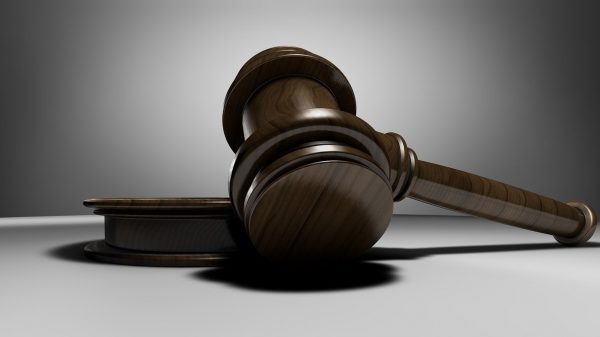
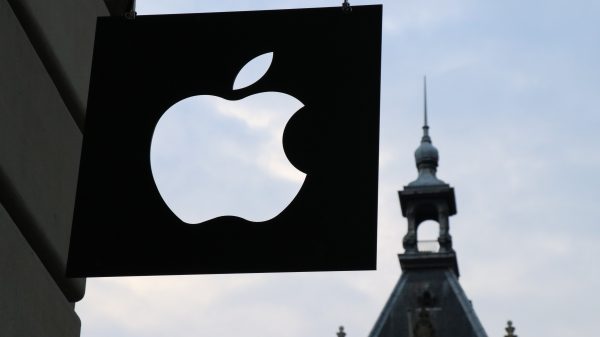

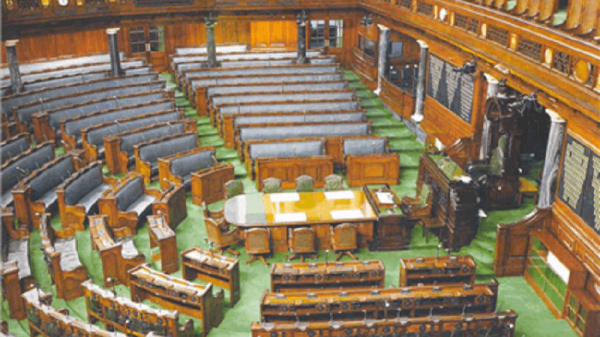
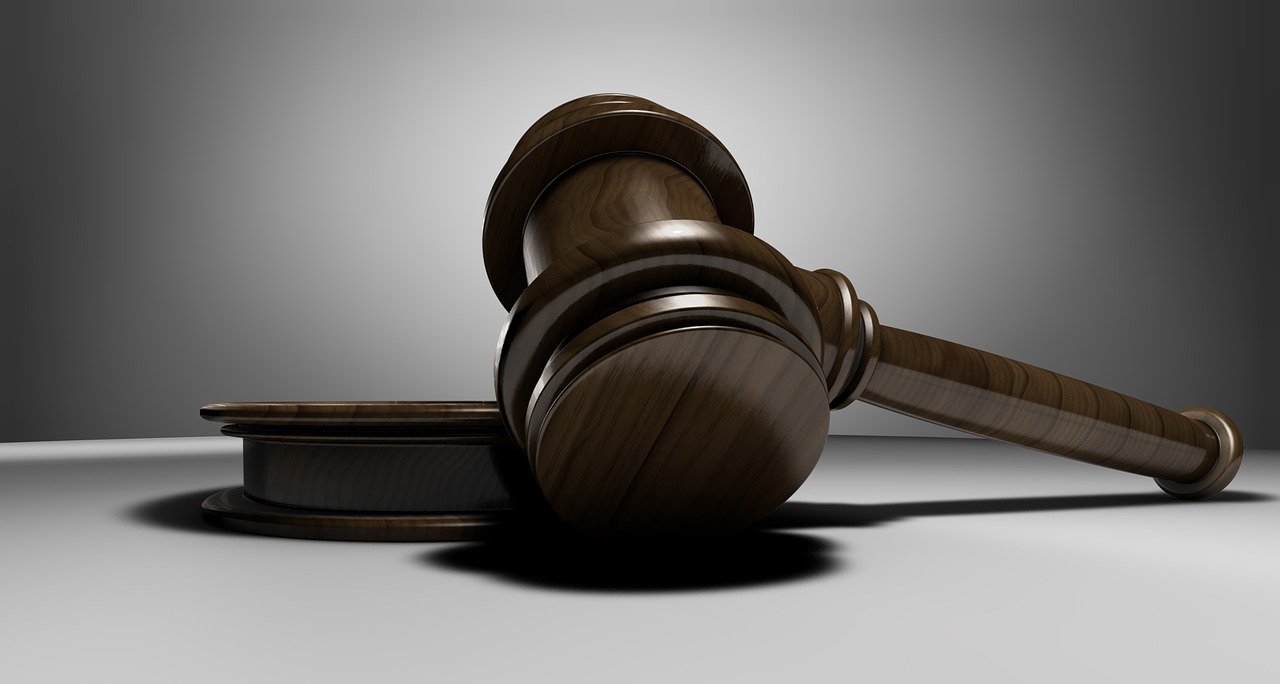









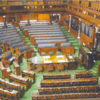






You must be logged in to post a comment Login